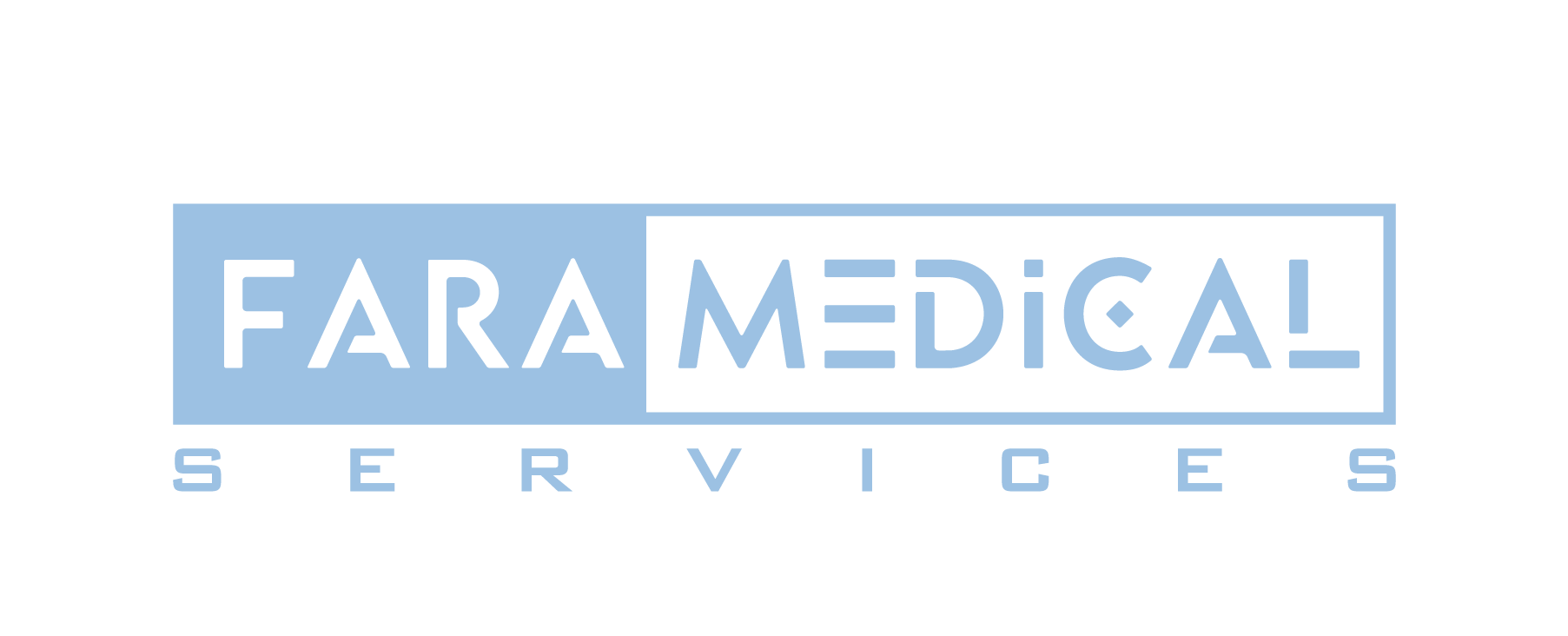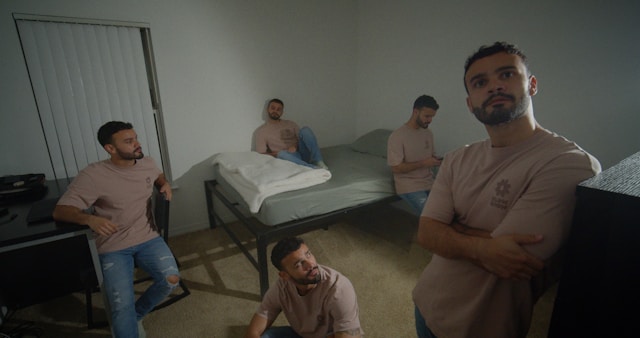Obsessive-Compulsive Disorder (OCD) is a common mental health condition often portrayed in popular culture through stereotypes of repetitive cleaning or germaphobia. While these can be symptoms of OCD, the reality is far more complex. This blog post aims to:
- Provide an in-depth exploration of OCD, going beyond common misconceptions.
- Offer insights into the intrusive thoughts and compulsive behaviors that characterize OCD.
- Highlight the impact of OCD on daily life and the importance of seeking professional help.
Understanding OCD: More Than Just Cleanliness
OCD is a chronic and debilitating anxiety disorder characterized by intrusive thoughts and repetitive behaviors (compulsions) that a person feels driven to perform. These thoughts and behaviors are often time-consuming and can significantly disrupt daily life.
Intrusive Thoughts in OCD
People with OCD experience unwanted and intrusive thoughts that can be difficult to control. These thoughts can be:
- Obsessive fears: Fear of germs, contamination, harm to oneself or others, losing control.
- Unwanted images: Violent or disturbing images.
- Doubts: Uncertainty about completing tasks correctly or doubts about relationships.
- Superstitious thoughts: Feeling the need to perform certain rituals to prevent bad things from happening.
Compulsions in OCD
Compulsions are repetitive behaviors or mental acts that a person feels driven to perform in response to intrusive thoughts. The goal is to reduce anxiety or prevent feared outcomes, even though they may not be logically connected. Common compulsions include:
- Washing hands excessively.
- Repeatedly checking locks, doors, or appliances.
- Counting or arranging objects in a specific way.
- Praying or mentally repeating phrases.

The Cycle of OCD
OCD often follows a cycle:
- Intrusive Thought: An unwanted thought enters the mind, causing anxiety. 2. Anxiety: The person feels distressed and uncomfortable due to the thought. 3. Compulsion: The person feels compelled to perform a ritual or behavior to reduce anxiety.
- Temporary Relief: The compulsion may temporarily reduce anxiety.
However, the relief is often short-lived, and the intrusive thought eventually returns, restarting the cycle.
Beyond Stereotypes: Different Faces of OCD
It’s important to understand that OCD manifests differently in each person. While some may have obsessions and compulsions related to cleanliness, others may experience:
- Checking rituals: Repeatedly checking things like locks, appliances, or homework to ensure everything is done correctly.
- Mental compulsions: Counting, silently praying, or repeating phrases to neutralize intrusive thoughts.
- Symmetry and order obsessions: A need for things to be arranged in a specific way or symmetrical.
- Relationship OCD: Intrusive thoughts about harming a loved one or doubts about commitment.
- HOCD (Homosexual OCD): Unwanted intrusive thoughts about same-sex attraction, causing distress for individuals who identify as heterosexual.
The Impact of OCD
OCD can significantly impact various aspects of life, including:
- Relationships: The time spent on compulsions can strain relationships with family and friends.
- Work or School: OCD symptoms can make it difficult to concentrate, meet deadlines, or attend work or school consistently.
- Social Life: People with OCD may avoid social situations due to fear of triggering their compulsions or intrusive thoughts.
● Self-esteem: The constant struggle with intrusive thoughts and compulsions can lead to feelings of shame, guilt, and low self-esteem.
Seeking Help for OCD
Effective treatment is available for OCD. Cognitive Behavioral Therapy (CBT) with Exposure and Response Prevention (ERP) is the gold standard treatment for OCD. ERP helps individuals gradually confront their intrusive thoughts without engaging in compulsions, reducing their anxiety and breaking the OCD cycle.
Fara Medical Services: Understanding and Supporting You
At Fara Medical Services, we understand the challenges faced by individuals with OCD. We offer comprehensive OCD treatment, including:
- OCD Evaluations: A thorough assessment to diagnose OCD and identify specific triggers and compulsions.
- Individual Therapy: CBT with ERP delivered by experienced therapists specializing in OCD treatment.
- Medication Management: In some cases, medication can be helpful in managing anxiety associated with OCD.
● Supportive Environment: We create a safe and understanding space where you can openly discuss your OCD and develop coping mechanisms.
Moving Beyond Stigma
OCD is a real and treatable mental health condition. By dispelling stereotypes and seeking professional help, individuals with OCD can live fulfilling and productive lives.

Take the First Step Towards Healing
Don’t let OCD control your life. Contact Fara Medical Services today to schedule a free consultation and learn more about how we can support you on your journey towards overcoming OCD. Here are some ways to connect with us:
- Schedule a Free Consultation: Call us at +1 (240) 606-9176 or visit our website at www.faramedservices.com to speak with one of our intake specialists. They can answer your questions and schedule a free consultation with a therapist specializing in OCD treatment.
- Download our Free Guide: Our downloadable guide “Understanding OCD: A Guide to Healing and Hope” provides valuable information on the different forms of OCD, treatment options, coping strategies, and resources for support. Download this guide for free from our website.
- Subscribe to our Newsletter: Stay informed about OCD research, treatment updates, and upcoming support groups by subscribing to our newsletter. Receive valuable content delivered straight to your inbox to support you on your journey towards overcoming OCD.
You Are Not Alone
Millions of people worldwide live with OCD. With the right support and treatment, you can manage your OCD symptoms and live a fulfilling life. Fara Medical Services is here to walk alongside you on your path towards healing.
Take Charge of Your Mental Health Today
If you suspect you or someone you know may have OCD, don’t hesitate to reach out for help. Early intervention can make a significant difference in managing symptoms and improving quality of life. Contact Fara Medical Services today and start your journey towards a brighter future.
We hope this blog post has provided valuable information and dispelled some common misconceptions about OCD.
If you are ready to take control of your OCD
and reclaim your life, Fara Medical Services is here to help. Together, we can create a path towards healing and hope.

